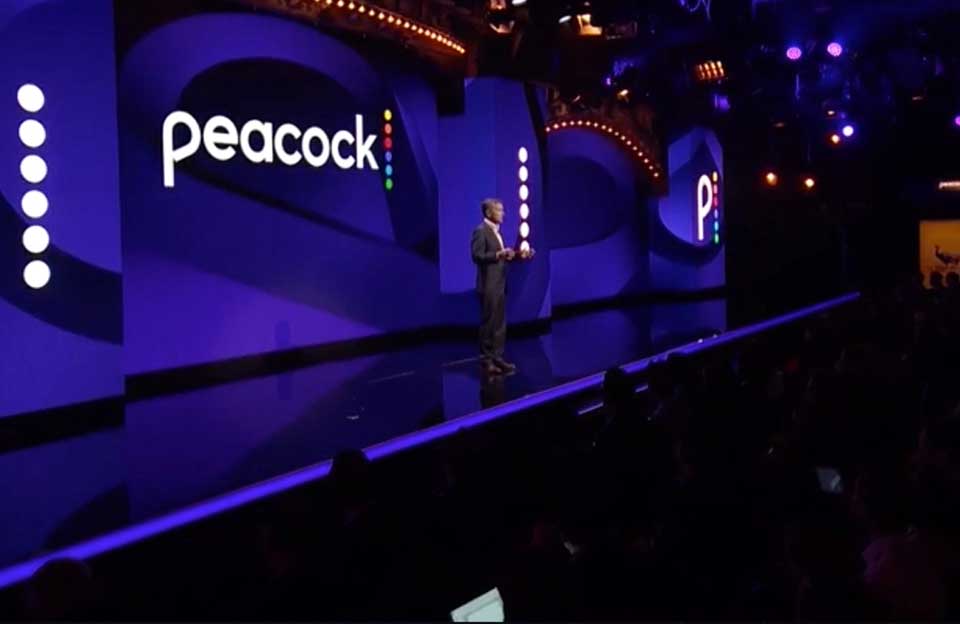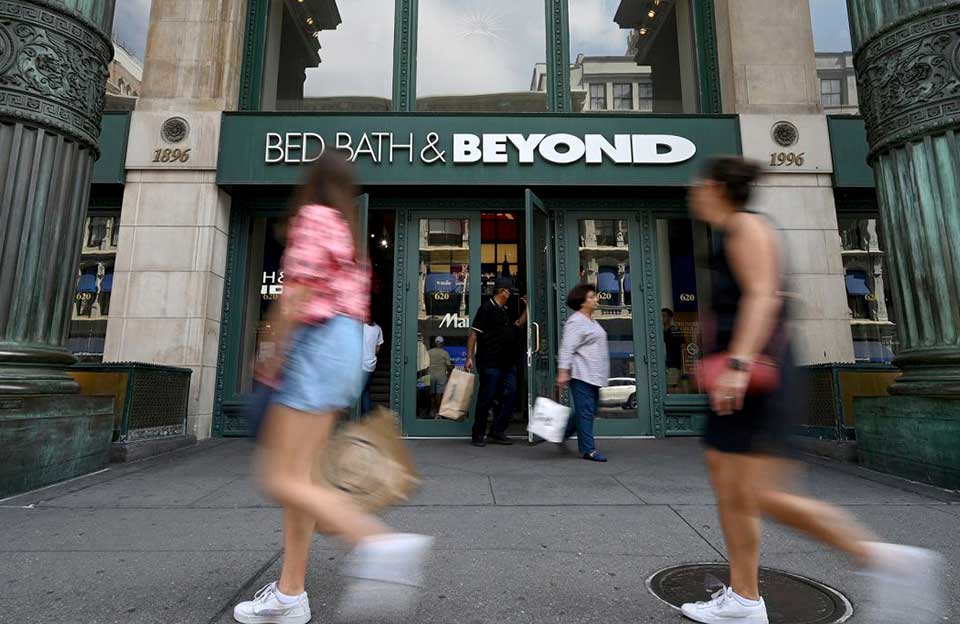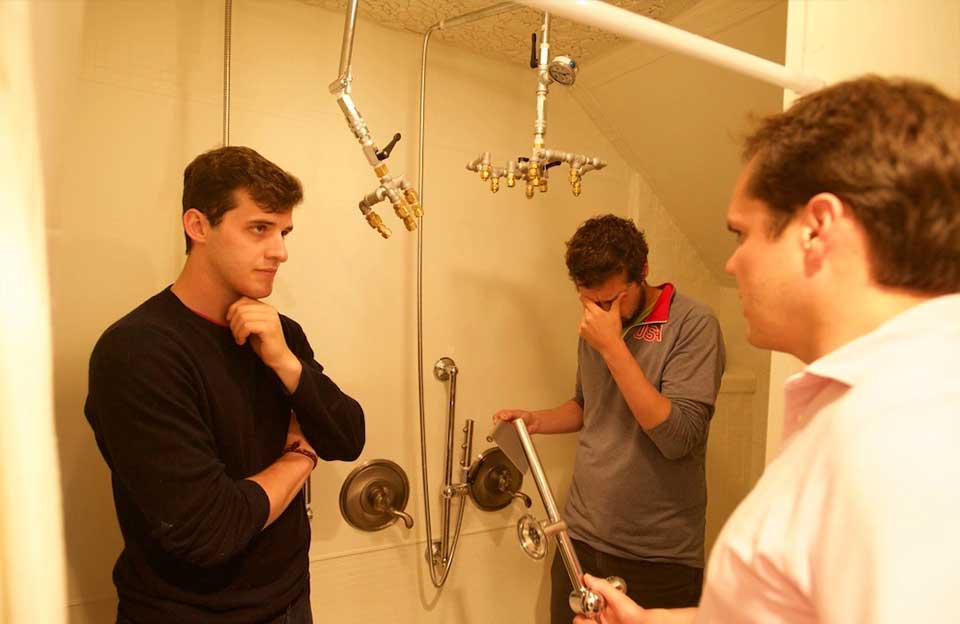Merger in Limbo Amid Regulatory Hurdles
The much-anticipated merger between Paramount Global and Skydance Media – valued at about $8 billion – has hit an unusual roadblock in Washington (Skydance-Paramount Merger Delayed as CBS News Faces Trump Lawsuit and FCC Scrutiny) (Media Confidential: Paramount-Skydance Merger Deal Remains In Limbo). The deal, announced in July 2024, would see Paramount’s controlling shareholder Shari Redstone sell her family’s storied Hollywood empire to David Ellison’s Skydance in a two-step transaction (Reuters). It was initially expected to close by early 2025, but that deadline has now been automatically extended by 90 days to July 2025 as regulatory approval remains elusive. (Reuters) Under the merger agreement, the companies can invoke a further 90-day extension if needed, a contingency that reflects the mounting uncertainty surrounding the deal.
Regulators both in the United States and abroad have been examining the proposal. The Securities and Exchange Commission and European Commission have already cleared the merger, according to company filings. The remaining hurdle is the Federal Communications Commission (FCC), which must sign off because the takeover involves transferring broadcast licenses for Paramount’s network of 27–28 local television stations to Skydance. Such FCC reviews of media mergers are typically routine. In this case, however, the process has been anything but: an FCC inquiry into a news content dispute at a Paramount subsidiary, CBS, has tied up the merger’s approval in what one report calls “FCC purgatory,” delaying any final decision possibly into the second half of the year.
Paramount and Skydance insist the combination is sound and have urged regulators not to let side issues derail it. In a January filing, the companies asked the FCC to dismiss objections from critics as “unwarranted” and “meritless,” arguing that none of the complaints demonstrate any harm that would justify blocking the transaction. (Reuters) “Neither party identifies any transaction-related harm that could merit denying the applications or imposing conditions,” the merger partners stated flatly in their FCC submission. Aside from the regulatory limbo, the merger has also faced scrutiny from some investors. In March, a Delaware judge agreed to hear a class-action claim that Paramount’s board short-changed shareholders by accepting Skydance’s $8 billion bid while spurning a higher $13.5 billion offer from another investor group. Those shareholder concerns underscore that the stakes are high on all fronts – financial and now political – as the companies strive to consummate the deal.
Trump Administration’s Unusual Involvement
What sets the Paramount–Skydance merger apart is the degree to which it has become entangled with President Donald Trump’s grievances against CBS News, one of Paramount’s flagship assets. In the fall of 2024, during the heat of the presidential campaign, CBS’s 60 Minutes aired an interview with then-Vice President Kamala Harris that drew ire from Mr. Trump and his allies. The network had previewed the interview on an earlier program (Face the Nation), using a different portion of Harris’s answer than what ultimately aired in the 60 Minutes broadcast. Trump accused CBS of selectively editing Harris’s remarks to make her look more coherent and to cover for what he deemed a poor performance. He blasted the edit as a “FAKE NEWS SCAM” and even claimed – without evidence – that it was “totally illegal,” framing it as an act of election interference against his candidacy.
Within weeks, then-candidate Trump escalated the dispute into the legal arena. On November 1, 2024, he filed a multibillion-dollar lawsuit against CBS’s parent company (now Paramount) in federal court, alleging that the 60 Minutes segment had been deceptively edited in violation of consumer fraud laws and had harmed his campaign. The complaint — later amended to seek as much as $20 billion in damages — argues that CBS’s editing misled the public and amounted to “partisan and unlawful acts of voter interference,” effectively giving Harris an unfair advantage in how she was portrayed. Legal experts have widely panned Trump’s case as far-fetched. Many see it as a punitive broadside against a news outlet he dislikes, rather than a serious claim with merit. CBS noted that 60 Minutes frequently edits interviews for length and clarity, and it pointed out that the full context of Harris’s answer was available on Face the Nation, underscoring that nothing was hidden. Nonetheless, the lawsuit signaled that Mr. Trump — even before returning to office — was willing to use aggressive tactics against media companies he deemed hostile.
After President Trump’s inauguration in January 2025, this clash between the White House and CBS quickly bled into the merger approval process. In one of his first moves, Trump installed Brendan Carr as the new FCC chairman, elevating a Republican commissioner known as a Trump loyalist. Soon after taking the helm, Chairman Carr revived a previously dismissed “news distortion” complaint targeting the Harris interview. The complaint had originally been filed back in October by a conservative watchdog group calling itself the Center for American Rights (CAR), which urged regulators to investigate whether CBS violated FCC public-interest standards in its handling of the interview (Wikipedia). Under the prior FCC leadership late last year, the complaint was swiftly thrown out for lack of evidence (The Times of India). But with the change in administration, Carr gave the issue new life: he formally opened an FCC inquiry in January and demanded that CBS turn over the full, unedited footage and transcripts of the Harris interview (NPR).
CBS News initially resisted the FCC’s intrusion, arguing that a government order to review raw editorial material was an affront to press freedom and beyond the FCC’s mandate. The network noted it has never been standard practice to hand over unaired interview footage, precisely to guard against government “second-guessing” of newsroom decisions. Democratic Commissioner Anna Gomez, one of the minority members of the FCC, publicly blasted the inquiry as “the administration’s focus on partisan culture wars” and urged her colleagues to drop it. However, facing a direct order from the FCC chairman, CBS ultimately complied. On January 31, the network begrudgingly provided the requested materials and even made the raw tapes and transcripts public – all while maintaining that its editing was standard practice and “not deceitful” in any way. Carr, for his part, has defended the probe as a matter of transparency; he announced a formal investigation into possible “news distortion,” even tweeting that “the people will have a chance to weigh in” on the Harris interview controversy.
What makes this regulatory inquiry so consequential is that it is happening in parallel with – and potentially holding up – the merger review. FCC Chairman Carr himself has suggested that the outcome of the CBS investigation will factor into his decision on approving the Paramount–Skydance license transfers. In other words, the merger has become leverage in a broader battle over media content. According to reporting by the New York Post and others, FCC officials indicated in private meetings that they might impose “remedies” on CBS as a condition before greenlighting the merger. Those could range from fines or compliance measures to, in the worst case, delaying approval for many months. This dynamic has not gone unnoticed in the industry. “The road ahead has become more complex,” one trade outlet observed, noting that resolving the legal and regulatory standoff with the administration “could help accelerate FCC approval” of the merger.
From the White House, President Trump has made no secret of his displeasure with CBS and its corporate parent. He has repeatedly lambasted the Harris interview in public remarks and on social media. At one point, he even mused about whether the network’s broadcasting license should be pulled – an extraordinary suggestion – and urged regulators to impose “maximum fines” for what he deemed “fake news” reporting. Such rhetoric echoes Mr. Trump’s first term, when he talked of revoking NBC’s license over unfavorable coverage, though no such action was actually taken. While the President has no direct authority to cancel a network’s license, his appointees at the FCC have considerable discretion in merger reviews. The message from the administration has been pointed: Paramount’s big merger will not get an easy pass if the company’s news division is at odds with Mr. Trump. As one media analyst observed, the clash over CBS “represents just the latest front in a multipronged assault on the press” by the Trump administration, wielding everything from lawsuits to regulatory oversight as weapons (NPR).
Reactions of Paramount, Skydance and Other Stakeholders
Caught in the crossfire, executives at Paramount and Skydance have been navigating a delicate situation. Publicly, they have stuck to a neutral, deal-focused message: emphasizing the strategic merits of the merger and expressing confidence it will close once regulators finish their work. In private, however, there are signs of unease. The New York Times reported in late January that Paramount’s leadership moved to open settlement talks with Mr. Trump’s lawyers, aiming to resolve his lawsuit over the Harris interview in hopes of smoothing the regulatory path for the Skydance deal. This marked a sharp reversal from the defiant stance CBS took when the suit was first filed – at that time calling the claim “completely without merit” and vowing to fight it vigorously in court. The parent company’s new willingness to compromise illustrates the intense pressure the merger’s fate has put on Paramount. According to multiple reports, Paramount is now keen to put the CBS dispute behind it: the company agreed to mediation with Mr. Trump and has been exploring a settlement that could avert a prolonged courtroom battle. Neither side has publicly detailed what a settlement might entail, but media industry observers speculate it could involve a public clarification or charitable payment, noting that ABC News and even Facebook’s parent company recently paid to settle separate claims by Mr. Trump.
At the regulatory agencies, Paramount and Skydance’s filings speak to their official position. In responses submitted to the FCC, the companies did not directly address the 60 Minutes fracas – which they argue is unrelated – but they firmly rebutted various petitions urging the merger be blocked. Aside from the news-distortion complaint, one group (the Center for American Rights) has also raised national security objections by pointing to the minority stake that China’s Tencent Holdings has in Skydance (Reuters). Another critic, a tech startup, claimed the sales process was “rigged,” and a third (Fuse Media) objected on diversity grounds. Paramount and Skydance dismissed all these claims as irrelevant or baseless, noting that the FCC’s remit is limited to communications issues and “no transaction-related harm” has been shown in this case. The companies are effectively signaling that they have checked every normal box – antitrust, financial, etc. – and that only an out-of-the-ordinary intervention would prevent the deal from moving forward.
Within Paramount’s media empire, the unfolding saga has been met with a mix of anxiety and resolve. Journalists at CBS News are said to be watching warily, concerned that their editorial judgment has become a bargaining chip in a corporate deal (The Free Speech Center). “Now, more than ever, only a fearless press stands between an aggressive White House and the public,” veteran CBS correspondent Marvin Kalb wrote in a message to colleagues, warning that “if news organizations such as CBS bend a knee before a president, then we have all taken a big step towards autocracy.” (NPR) Press-freedom advocates nationwide have echoed that sentiment, arguing that the independence of newsrooms could be undermined if a merger approval hinges on mollifying government officials. On the other hand, some of Paramount’s shareholders – particularly those eager for the Skydance payout – have privately urged the company to be pragmatic. The focus, these investors suggest, should be on clearing any obstacles by the quickest means, even if that requires an uneasy peace with the White House. As one person familiar with the discussions put it, “nobody wants a drawn-out fight with the government when a $8 billion deal is on the line.” Paramount’s controlling family, the Redstones, appear ready to exit the entertainment business, and Skydance’s backers (which include Oracle co-founder Larry Ellison) are eager to expand their media footprint. Both parties, therefore, have strong incentives to accommodate regulators’ concerns and see the transaction through.
Broader Implications for Media and M&A
The showdown over the Paramount–Skydance merger is being closely watched as a test case for how far a presidential administration might go in leveraging regulatory powers over media content. Mergers and acquisitions involving news organizations have always required government approval, but rarely, if ever, has an approval been so pointedly linked to a newsroom dispute. Former FCC officials from both Republican and Democratic administrations have expressed alarm. They note that the FCC’s “news distortion” rules are seldom enforced and were intended to address egregious misconduct (like knowingly airing hoaxes), not editorial choices in good-faith journalism. Using such a pretext to slow a merger is “unprecedented,” these observers say, and risks politicizing the regulatory process. It harks back to the Trump administration’s first term, when the Justice Department mounted an ultimately unsuccessful court challenge to AT&T’s acquisition of Time Warner – a merger that included CNN, a frequent target of Mr. Trump’s ire. In that 2018 case, the White House denied any interference even as critics questioned the motivation. The pattern is not lost on analysts: in both instances, a company seen as politically opposed to the President faced unusual hurdles to a major deal.
For the media industry, the stakes of this precedent are significant. If regulators can stall or condition mergers based on subjective grievances about news coverage, media companies may find themselves under pressure to avoid antagonizing government officials in ways that could affect business transactions. Potential buyers and sellers in the entertainment sector are taking note. “It introduces a new kind of risk factor in mergers – call it political risk,” said a media mergers attorney who is not involved in the deal, referencing the Paramount situation. Traditionally, dealmakers worry about antitrust or shareholder approval; now they must consider whether a company’s editorial stance could invite regulatory roadblocks. Industry veterans caution that this could have a chilling effect on newsroom independence if corporate parents become overly cautious to appease Washington. As the attorney put it, “No one wants to be in a position where an FCC chairman is effectively reviewing your nightly news as part of a merger approval.”
From Wall Street’s perspective, the drawn-out Paramount–Skydance review has injected uncertainty into what was initially seen as a straightforward sale. Paramount Global’s stock price has fluctuated as investors handicap the odds of the deal closing on schedule. Each new twist – from the FCC’s surprise inquiry to news of Trump’s massive legal claim – has been parsed by market analysts for clues about whether the merger will survive. Thus far, no regulator has explicitly moved to block the deal, and many experts still expect it will eventually go through. But the extra scrutiny may mean additional conditions or concessions are attached. For instance, the FCC could theoretically approve the license transfers but require Paramount (or the merged company) to adhere to certain compliance measures in its news operations. Such a step would be highly unusual – effectively a government attempt to “straighten out” a press outlet, to borrow President Trump’s own phrase – and it would likely draw legal challenges from First Amendment advocates.
As of now, the merger remains in a holding pattern, and all sides are bracing for a tense resolution. Paramount and Skydance have until early July to obtain the needed approvals or invoke their final extension. Behind the scenes, there are hints that a compromise could be in the works: recent reports say the FCC’s inquiry may be nearing its conclusion, and the mediation between Mr. Trump and CBS is ongoing with “productive” discussions, according to a person briefed on the talks (who spoke on condition of anonymity). If a settlement is reached – for example, if CBS were to issue a clarification about the Harris interview or other face-saving measure – it could remove a major obstacle and give regulators cover to approve the merger. The outcome will set an important benchmark. A green light, even a delayed one, would indicate that political turbulence can be weathered by dealmakers, though not without cost. Conversely, any move to block the merger outright on public-interest grounds would send shock waves through the media and tech industries, signaling a far more muscular use of regulatory authority over corporate transactions that cross paths with a president’s personal or political battles.
For now, executives, journalists, lawyers, and investors are all watching intently. The Paramount–Skydance saga has become more than just a business story – it is a bellwether for the relationship between Washington and Hollywood in an era when partisan divisions increasingly seep into every facet of public life. “While the merger is not blocked, the road ahead has become more complex,” one industry outlet observed of this unprecedented tangle. How that road is ultimately navigated will likely influence not only the future of Paramount’s studios and Skydance’s streaming ambitions, but also the unwritten rules of engagement for any company that finds itself caught between a lucrative deal and the ire of a sitting President.








